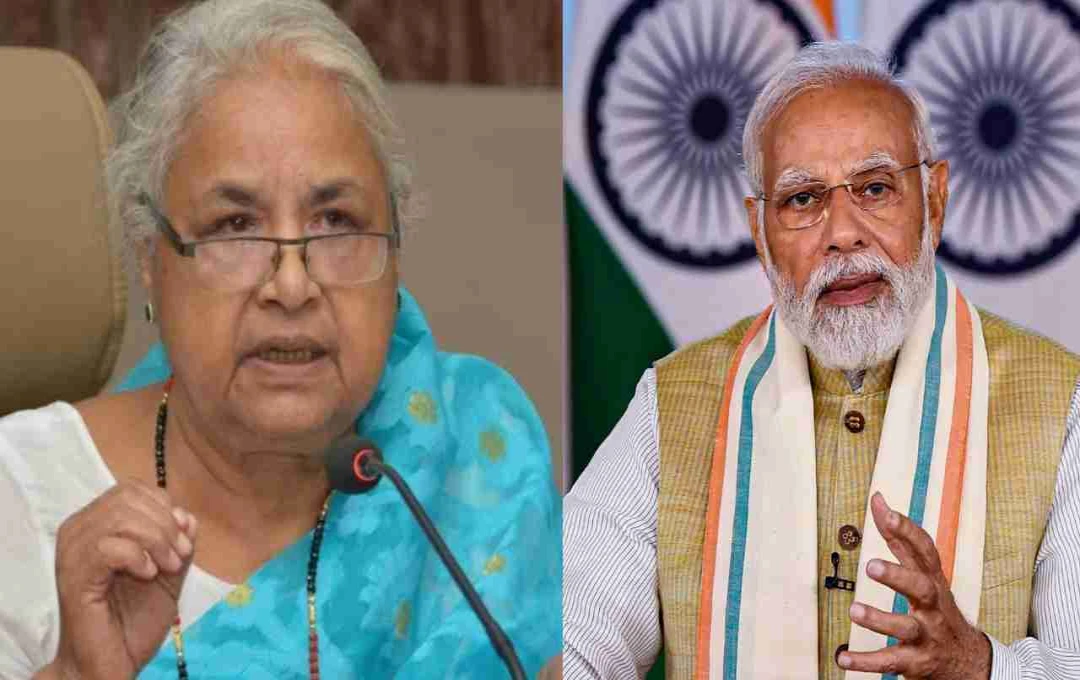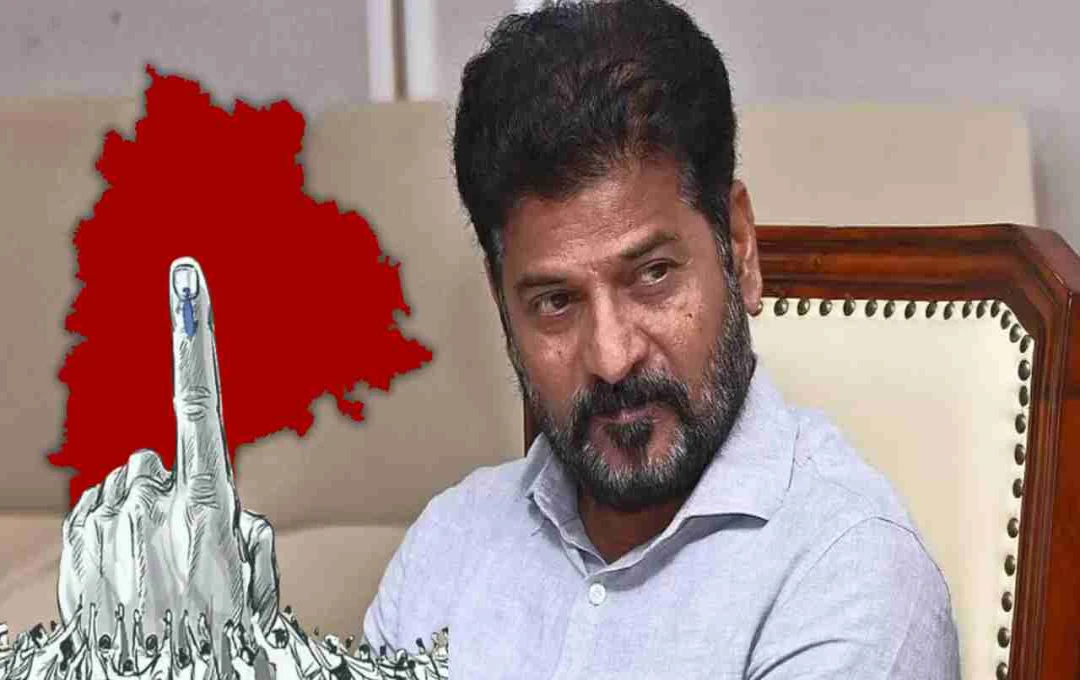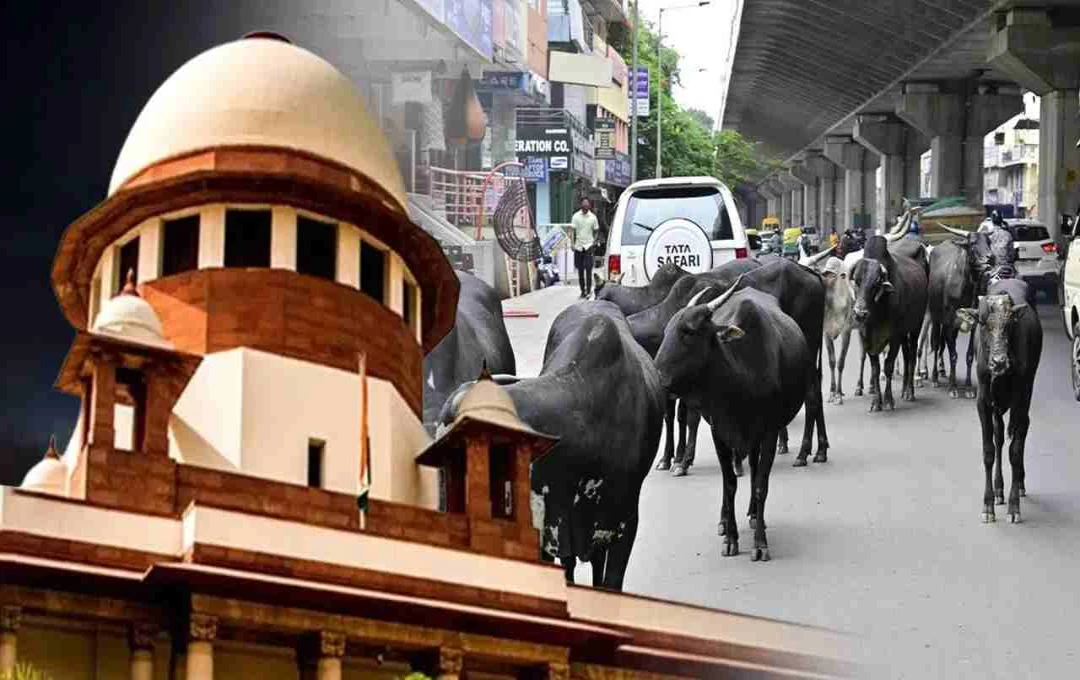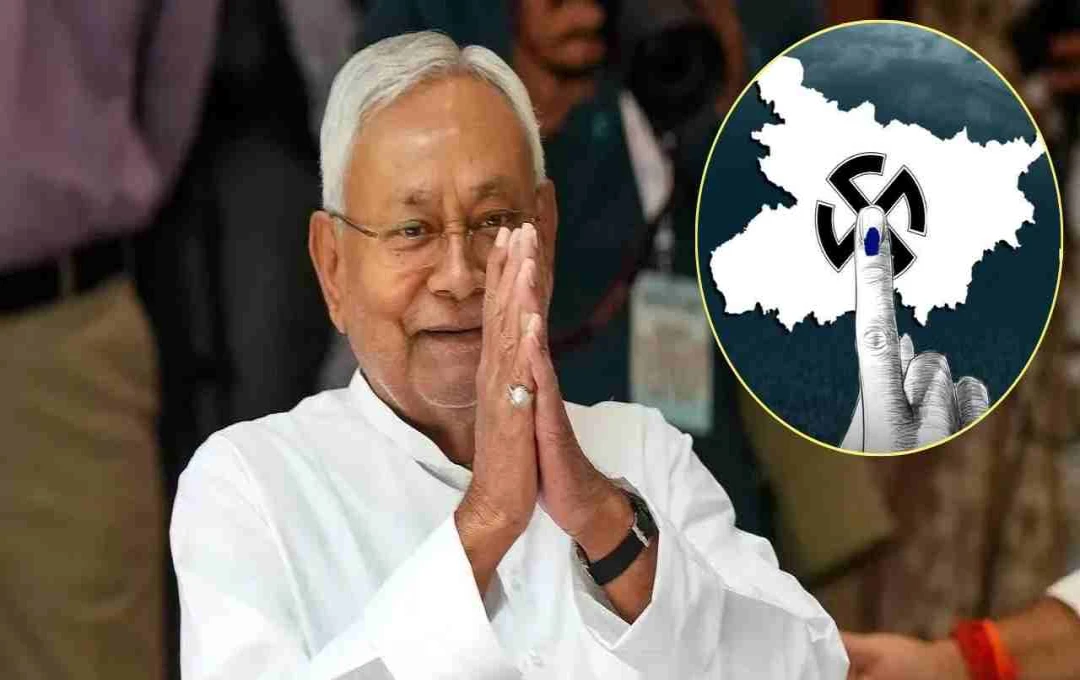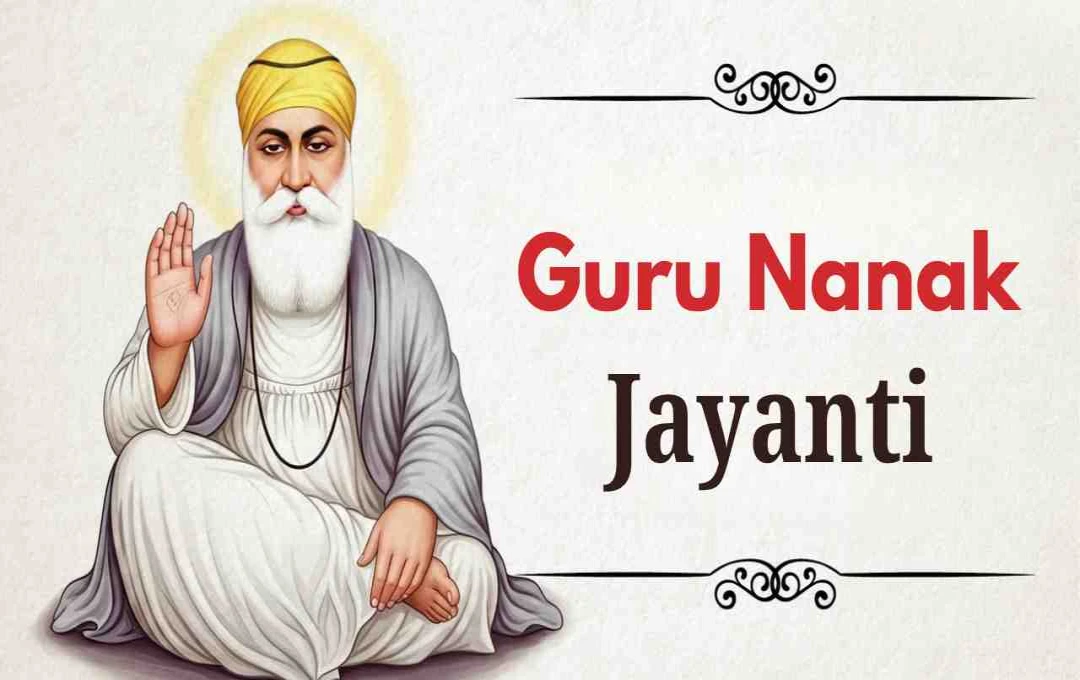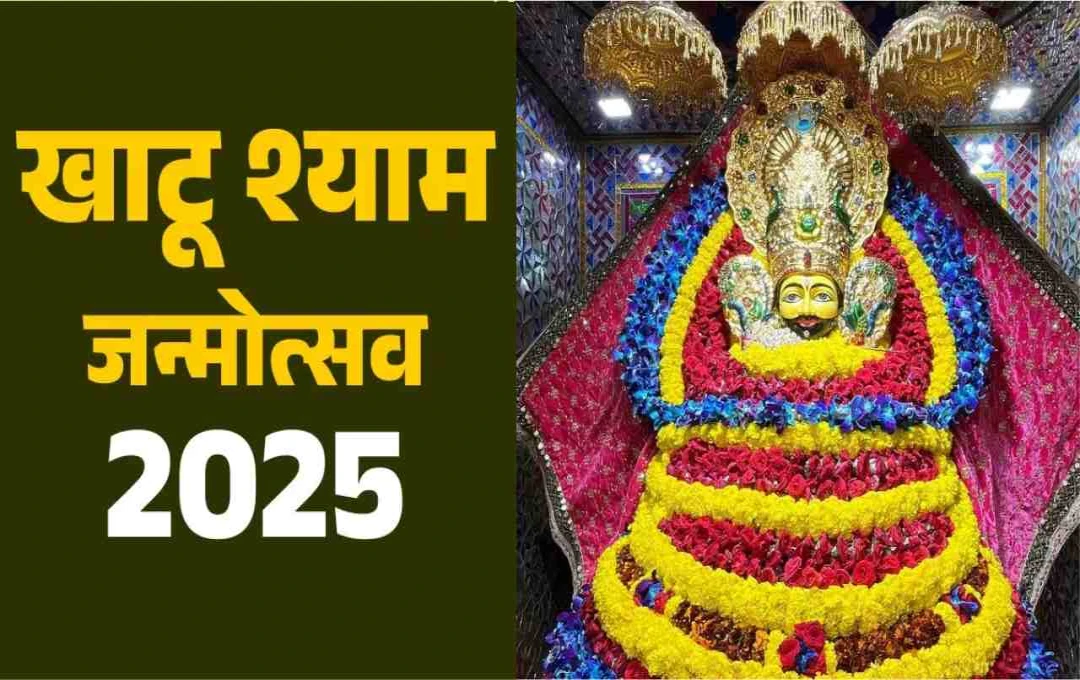Amidst a political crisis in Nepal, former Chief Justice Sushila Karki is set to lead the interim government. Before taking charge, she extended greetings to Prime Minister Modi and appreciated India's assistance. The public is filled with new hope.
Nepal Gen-Z Protests: Nepal has been grappling with a deep political crisis and Gen-Z protests in recent times. So far, 30 people have lost their lives and over 1000 have been injured in the demonstrations. Amidst mounting pressure, Prime Minister K.P. Sharma Oli resigned. In this environment, the leadership of Nepal is being handed over to former Chief Justice Sushila Karki.
Respect for Prime Minister Modi and Appreciation for India
Before taking charge of the interim government, Sushila Karki openly lauded India and Prime Minister Narendra Modi. She stated, "I greet Prime Minister Modi. I have a good impression of him and am influenced by his work style." Karki also mentioned that Nepal and India share historical ties and that India has always assisted Nepal during difficult times.
Priority for Families of Protesters
Karki stated that her first priority would be to work for the families who lost loved ones in the recent protests. She clarified that the new government of Nepal would first honor the families of these martyrs and take concrete steps for them.

Importance of India-Nepal Relations
Karki emphasized the critical importance of India's support for Nepal. She said, "I respect India and love them. India has always helped Nepal, and the relations between the two countries will strengthen further."
Sushila Karki acknowledged that Nepal's political history has been fraught with instability. From constitution-making to constantly changing governments, the public has not received stable leadership. She stated that the current situation is challenging but that it is now time for a new beginning.
Sushila Karki's Judicial Journey
Born in 1955, Sushila Karki embarked on a long career in the judicial service after studying law. She became Nepal's first female Chief Justice in 2016. Her tenure is remembered for judicial reforms and gender equality. However, in 2017, impeachment proceedings were initiated against her in parliament, accusing her of interfering in government affairs. She was subsequently suspended, but she approached the Supreme Court, and the court delivered a historic verdict in her favor just before her retirement.
